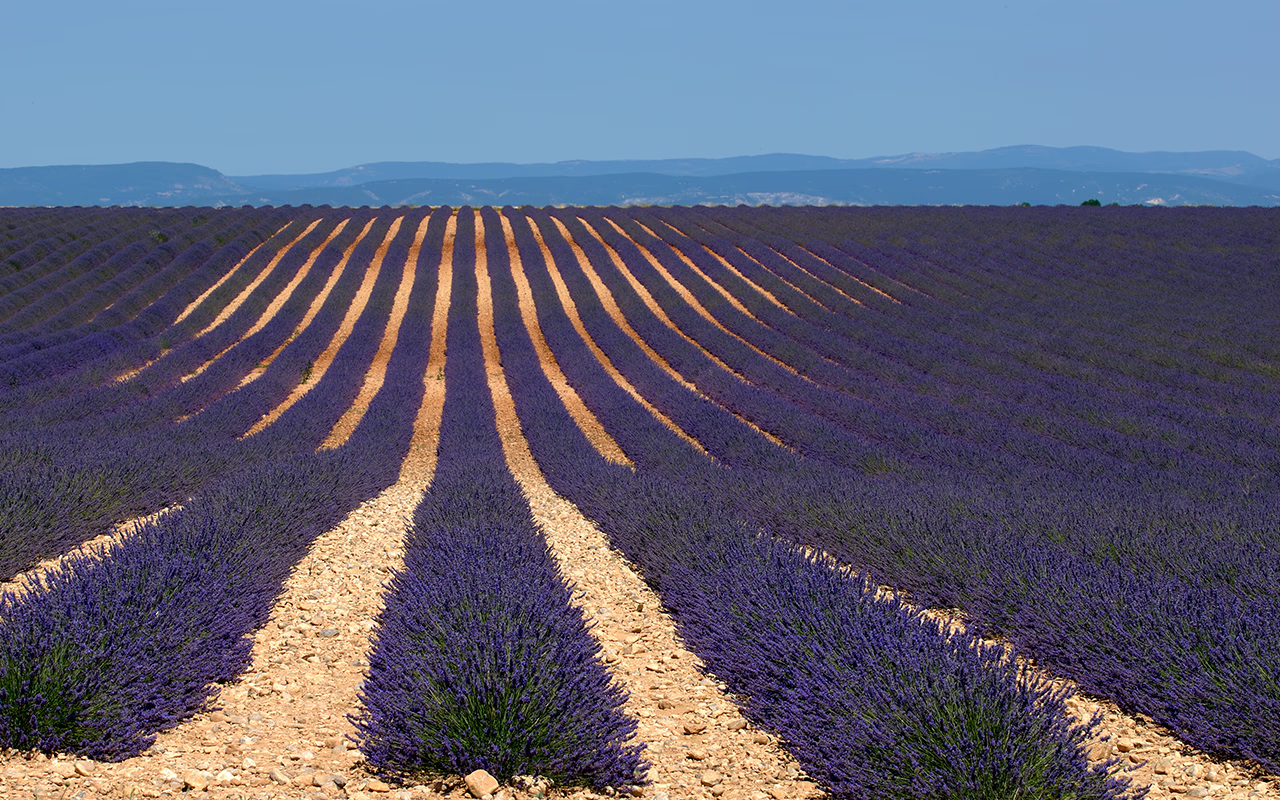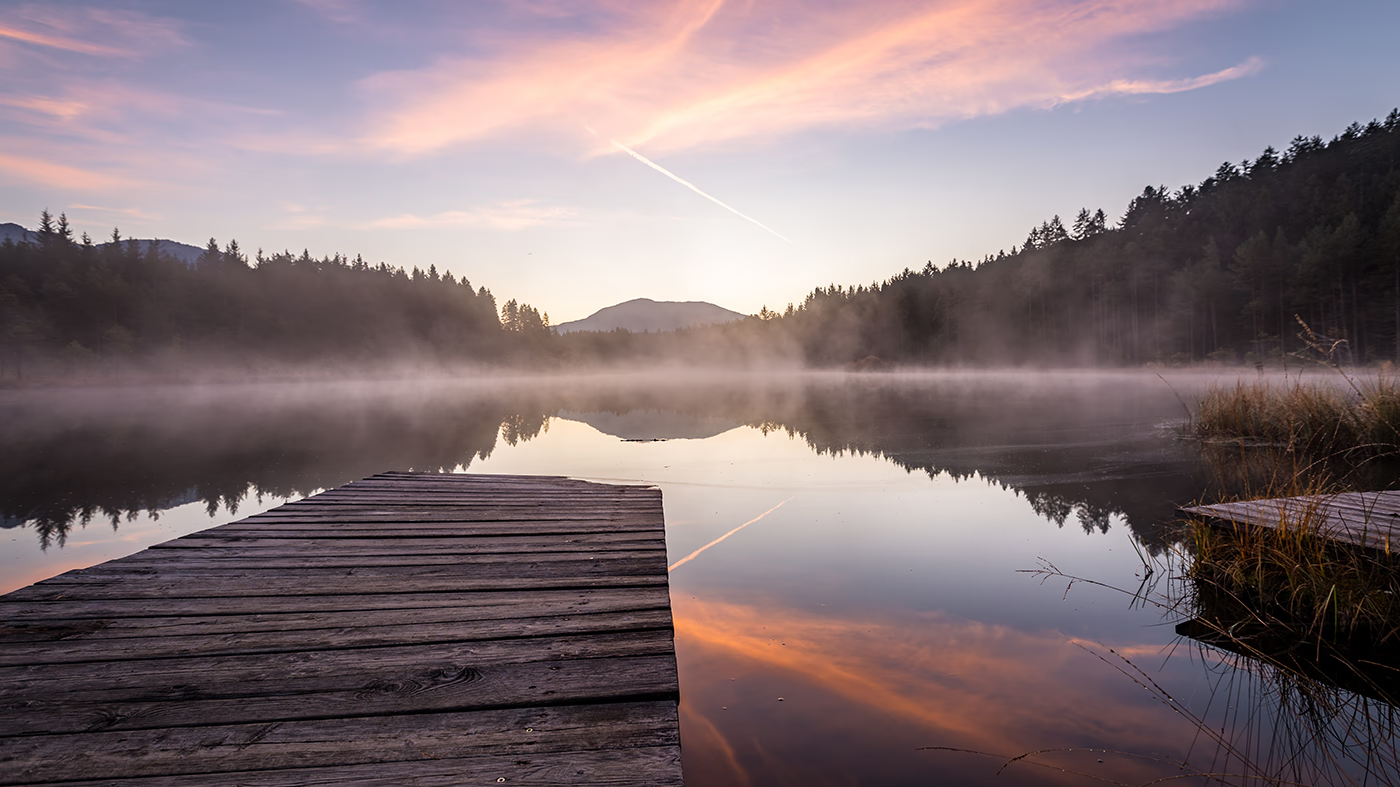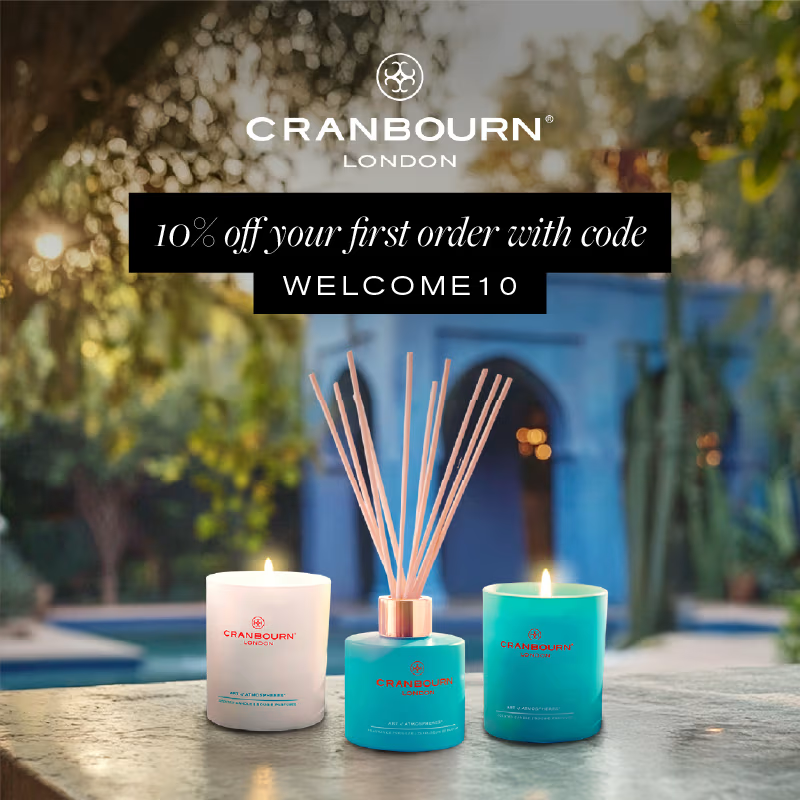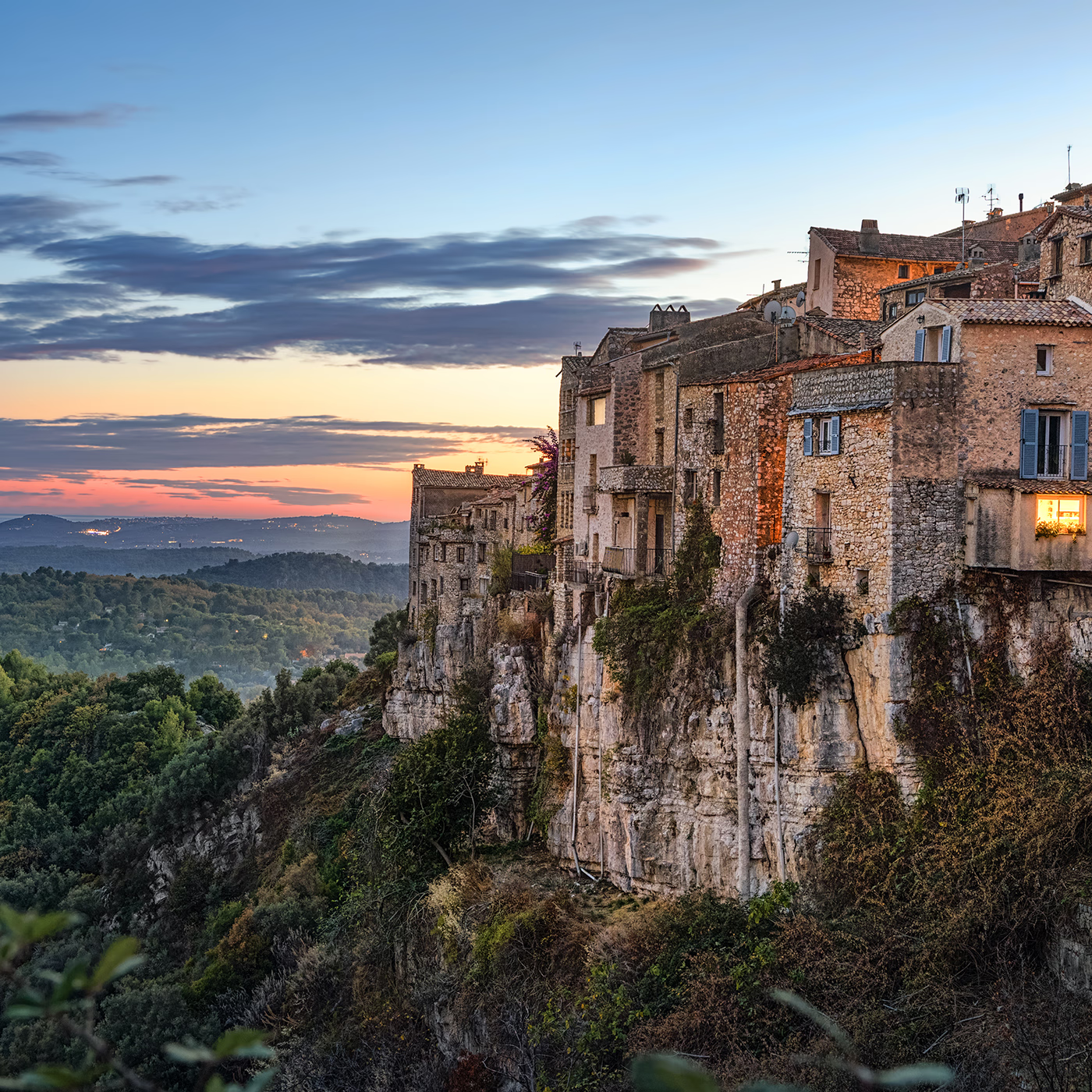
The Journey to Modern Fragrance
Our love for the art of perfumery runs deep – so we thought we would take it back to the start of the long and winding journey to the modern fragrance from ancient apothecaries and cultures.
A perfume is a substance, extract, or preparation that imparts a pleasant smell. The word perfume derives from the Latin verb perfumare – which means ‘to smoke through’.
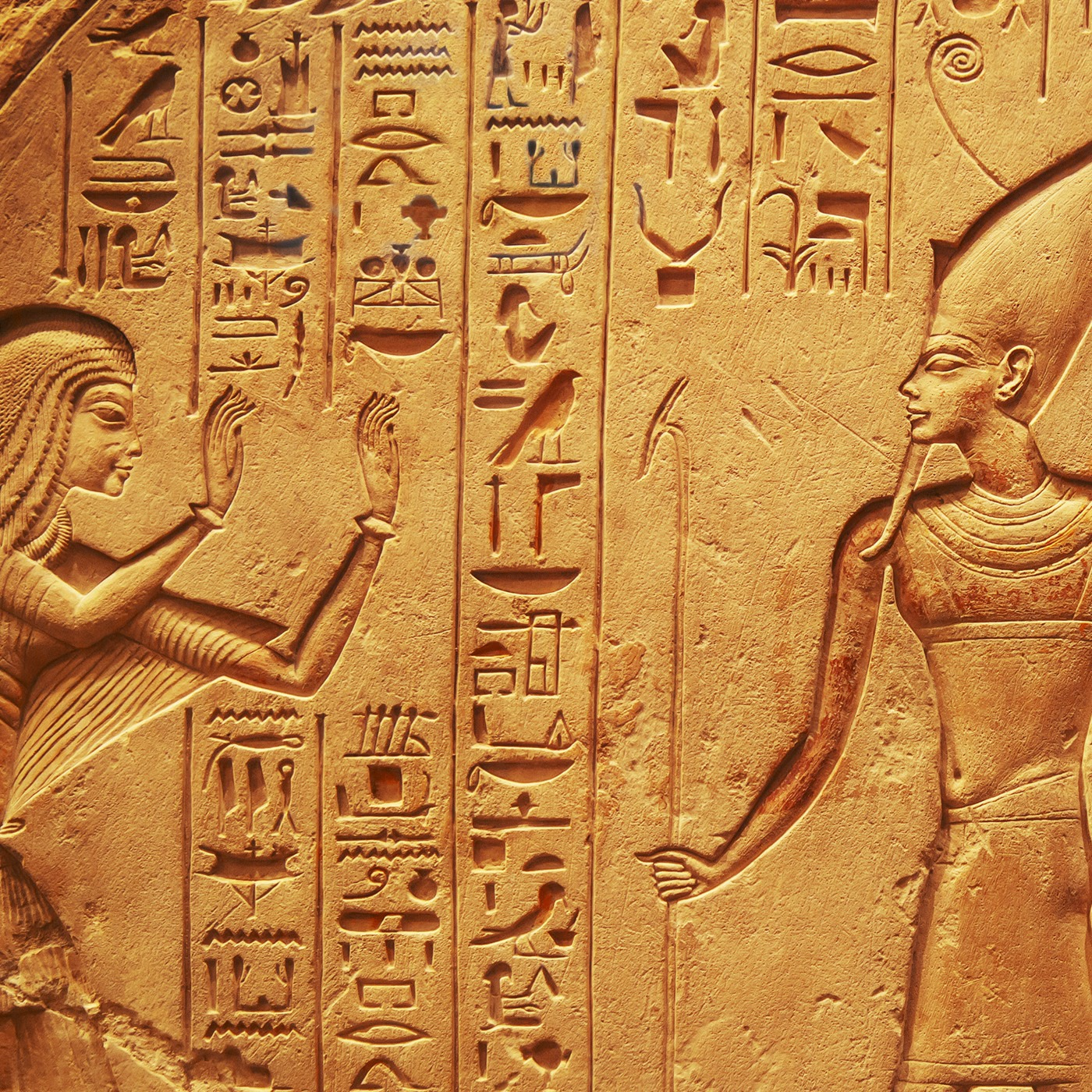
Ancient Civilizations and Apothecaries
The art of perfume-making originated in ancient Egypt, Mesopotamia, the Indus Valley, and China. It was subsequently improved by the Romans and early Arab and Persian pharmacists, who developed the technique of distillation and the suspension of essences usually derived from botanicals in alcohol.
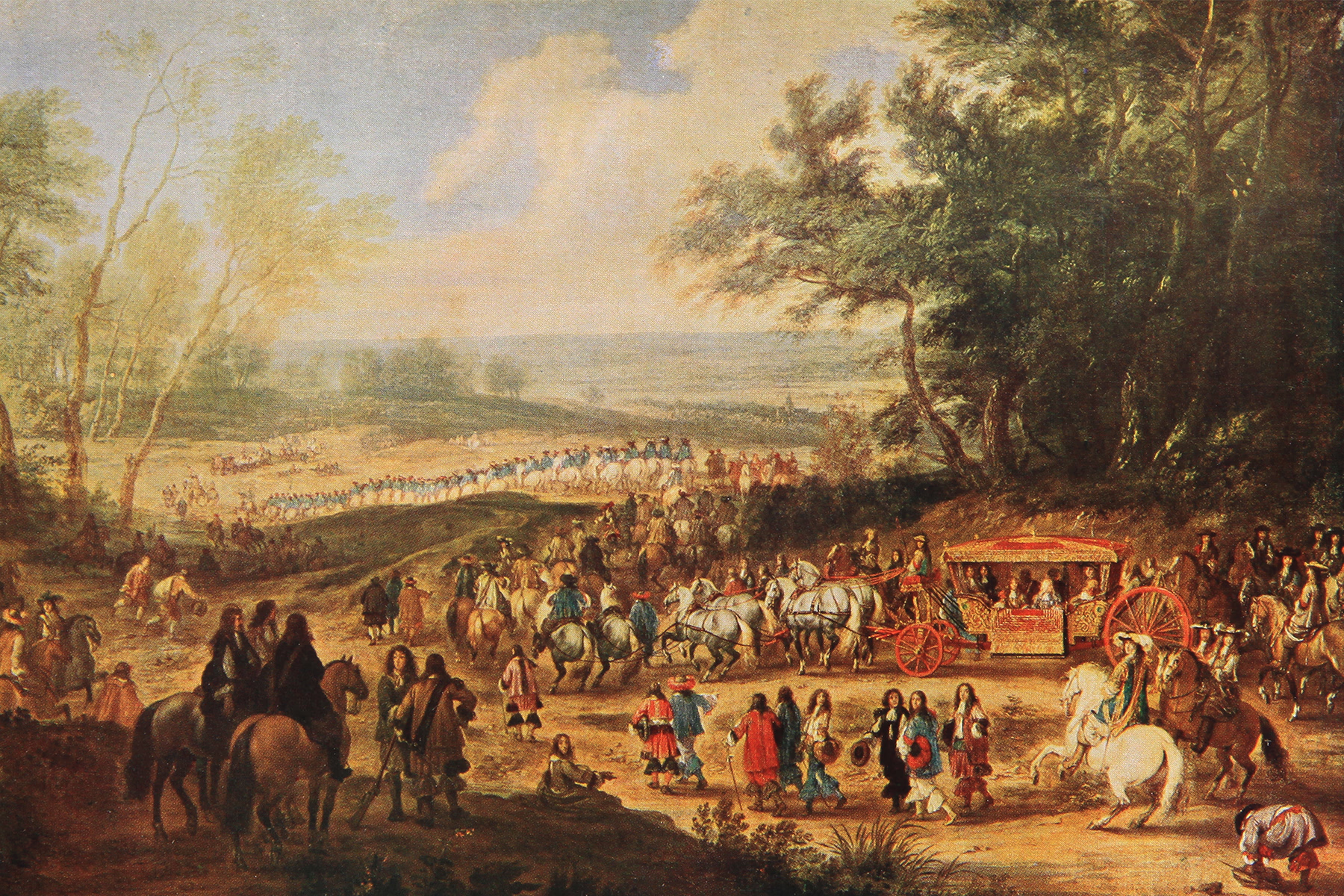
Medieval Europe, The Perfumer and Pharmacist
This knowledge was later brought to medieval Europe, and perfume-making soon prospered among the royal courts – especially later in 17th century France under Louis XIV and England and Italy. Fragrant oils were also used for healing and wellbeing, which meant that the professions of perfumer and apothecary or pharmacist soon became closely intertwined.
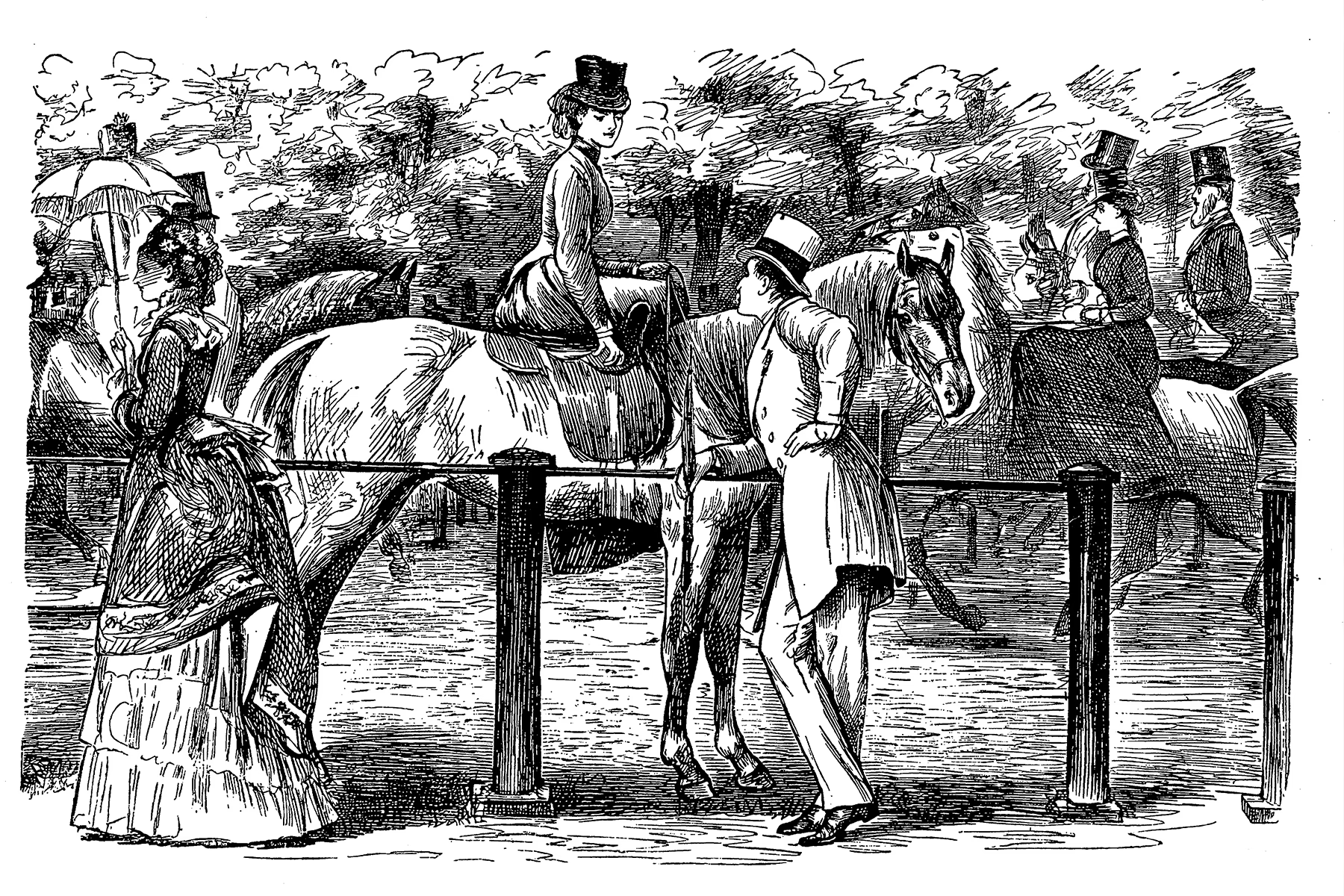
Masking the Odour
Strangely, it was the European leather industry which accelerated the development of perfumery. Leather production in the 17th and 18th centuries used rotten unpleasant-smelling processes while tanning, which meant that leather goods imparted unpleasant odours to all those who used them. European nobility and high society consumers demanded that their leather goods smell pleasant. Leather glove makers, known as ‘gantiers-parfumeurs’, took up the challenge in towns like Grasse in Provence, which was famous for the cultivation of botanicals, particularly flowers used to produce essential oils.
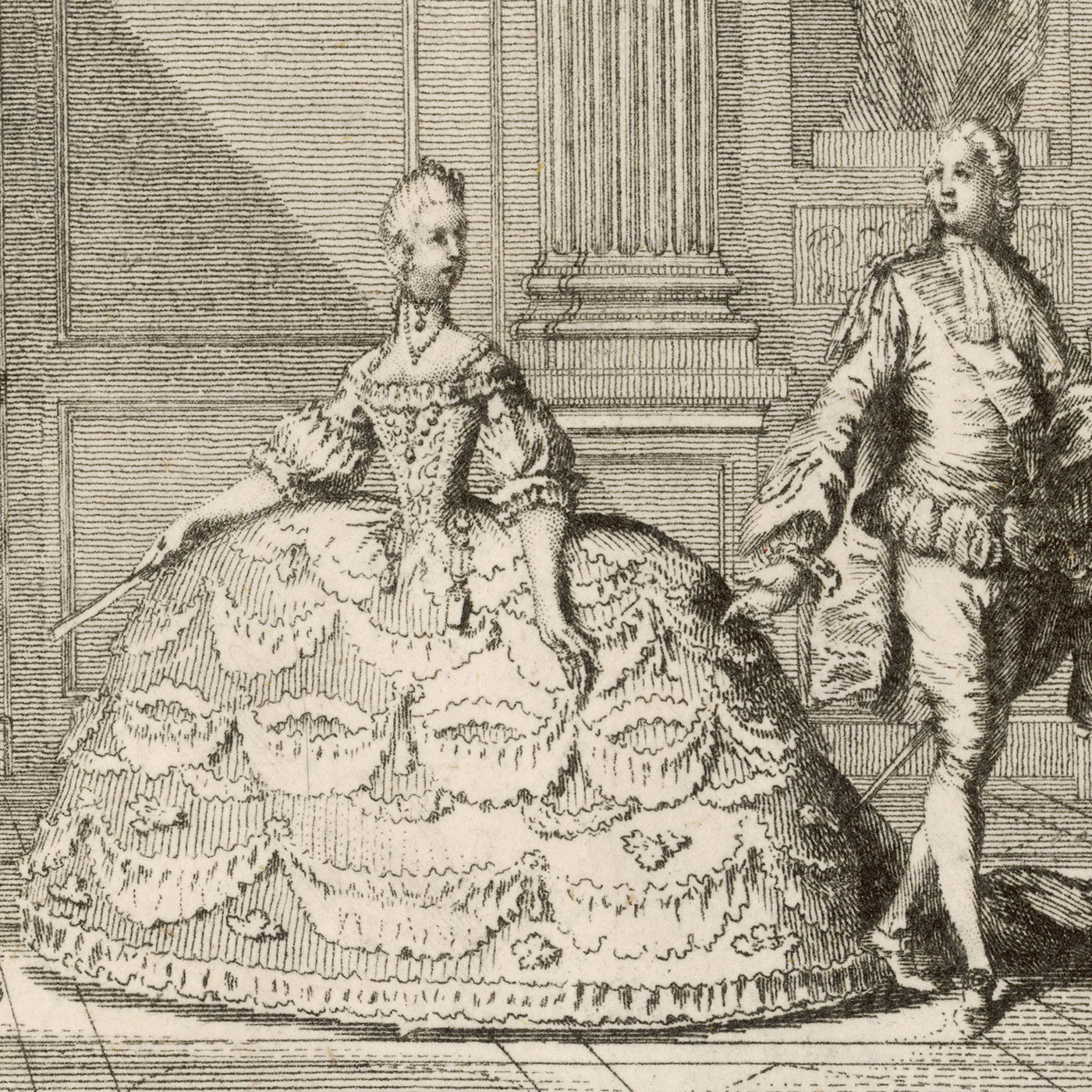
Marie Antoinette’s love of fragrance
In the 18th century, Marie Antoinette’s love of perfume was well documented. Her scents were prepared by leading Master perfumer Jean-Louis Fargeon, with whom she had an incredibly close relationship. Fargeon would create a variety of fragrances to suit her different circumstances and requirements – even going as far as to create fragrances to scent her bathwater. Her deep-rooted love of fragrance let her down in the end – it was said that she was only recognised as royalty when attempting to flee Varennes because of her unique Houbigant perfume.
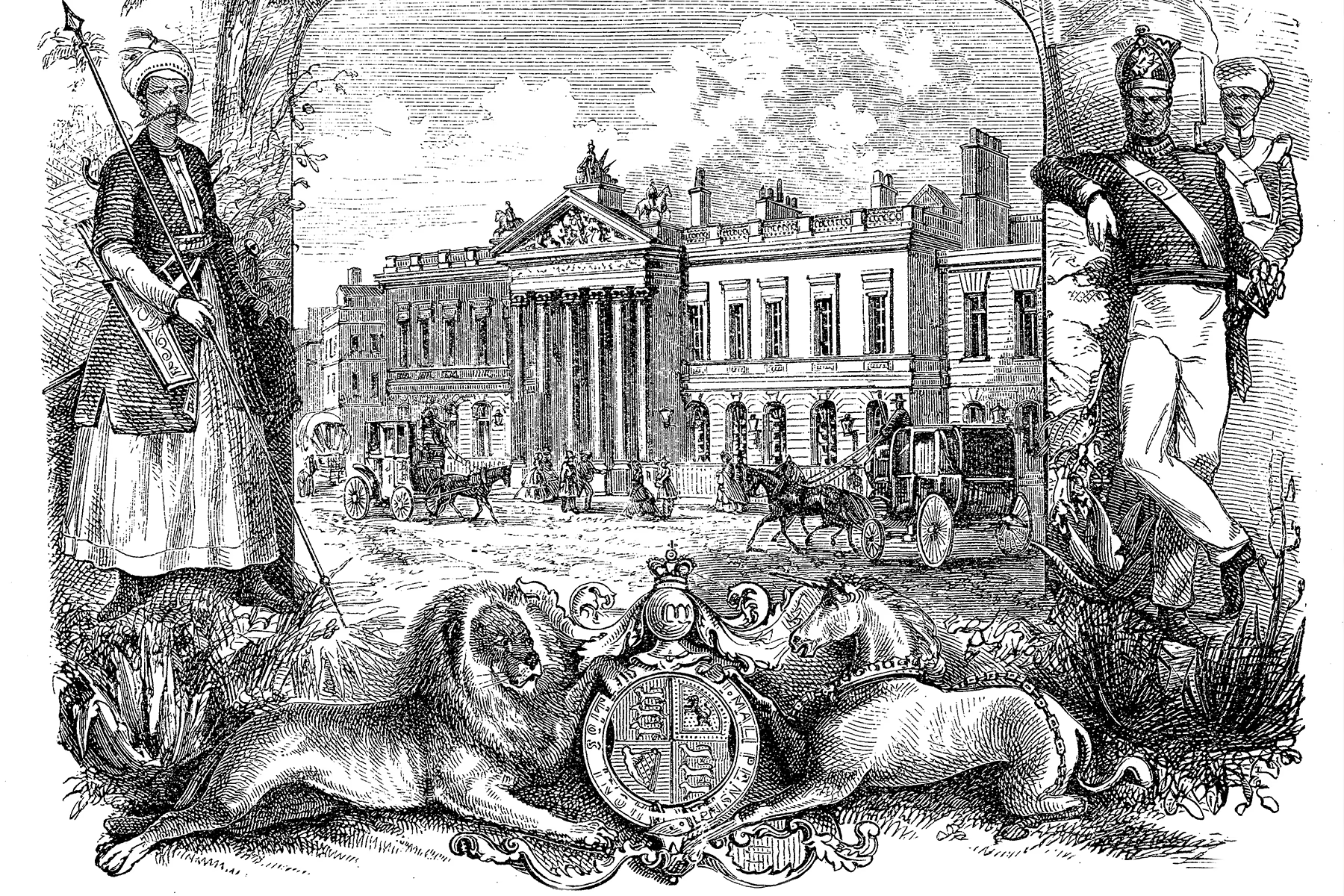
The rise of Britain’s Fragrance Industry
In the late 18th and 19th centuries, the French Revolution and war in Europe led Britain to commercialise and produce European fragrances. Britain saw rapid industrialisation and technological advances, creating a flourishing and increasingly affluent consumer society compared to its immediate neighbours at the time. With its global trade routes and organisations such as the East India Company, the British Empire brought different exotic spices and ingredients to ever more demanding perfumers and consumers alike. The modern world of perfume was born.
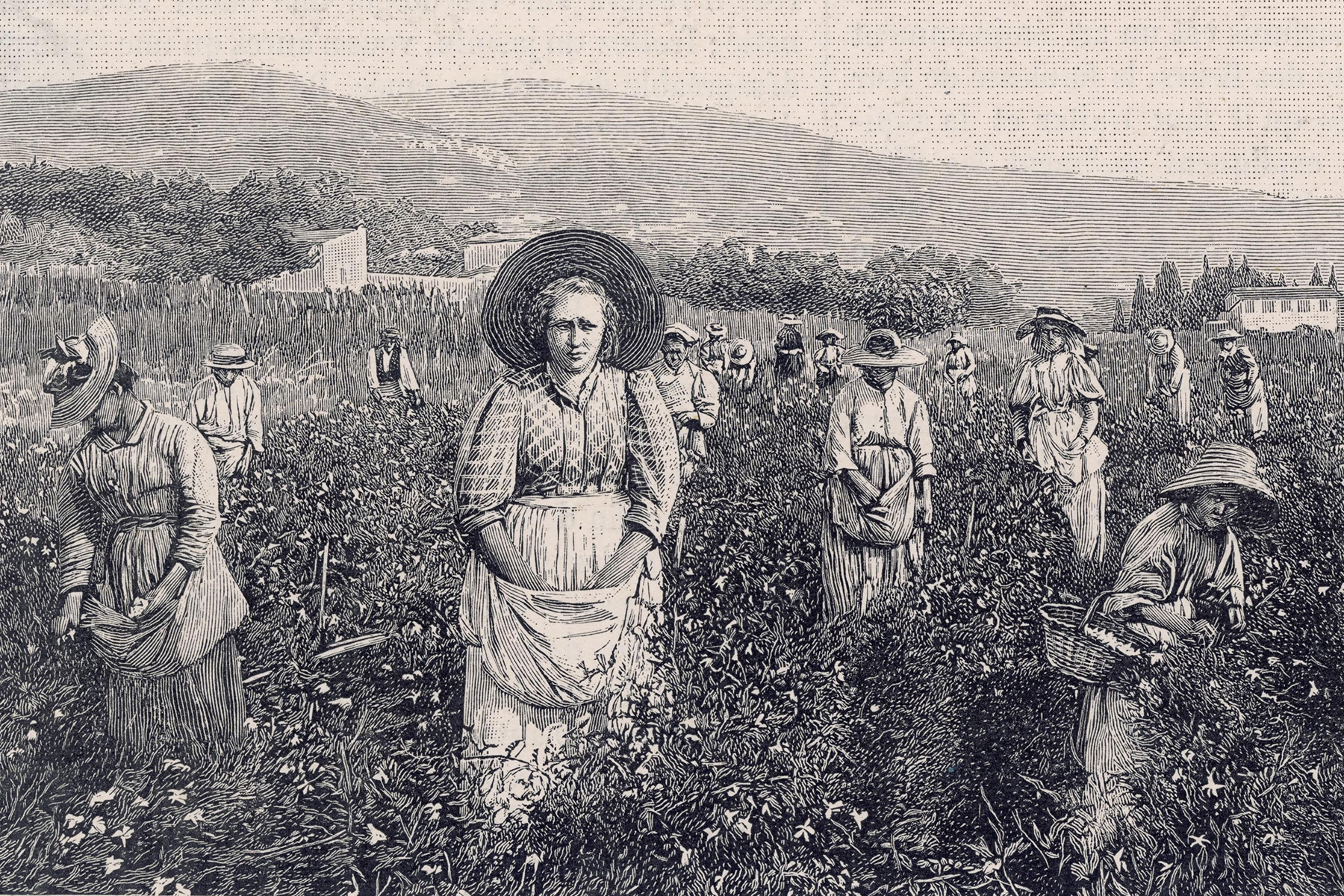
Blending nature and science
Perfumes are usually produced from botanicals: a blend of fragrant plant materials. The essential oils are extracted from different plant parts, flowers, seeds, and bark. However, many things have changed since the early days of perfumery. Scientific advances have allowed many of these naturally derived compounds to be produced synthetically. The modern perfumery we know today began in the late 19th century with the commercial synthesis of aroma compounds such as vanillin or coumarin. This led to creation of perfumes with aromas previously unattainable solely from natural sources.
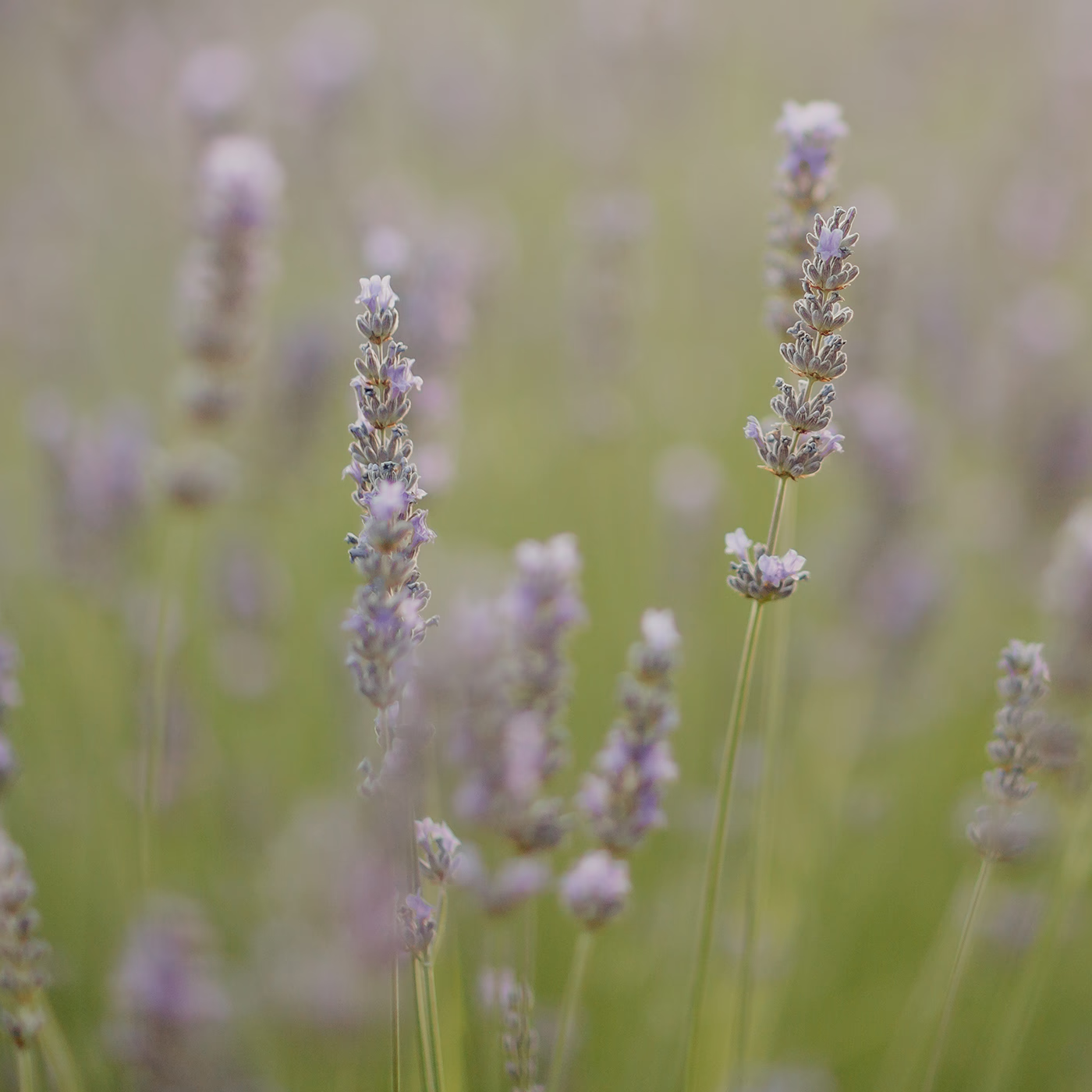
From wellbeing to survival
The pleasant-smelling volatile particles emitted from these fragrant botanical compounds have been synonymous with wellness and wellbeing. Today, perfumes enhance the scent of our living spaces, bodies, and clothing.
Our sense of smell continues to act as an essential signal in our modern everyday lives, feeding us information about our immediate environment. From a biological perspective, the sense of smell remains critical for survival for many species, including our own.
This ability to smell comes from specialised sensory cells called olfactory sensory neurons, which are found in a small area of tissue high inside the nose. These cells connect directly to the brain, and each olfactory neuron has an odour receptor.
At CRANBOURN®, we believe you should nurture this wonderful olfactory sense by enjoying fragrances in your daily life, enhancing your Art of Wellbeing™.




